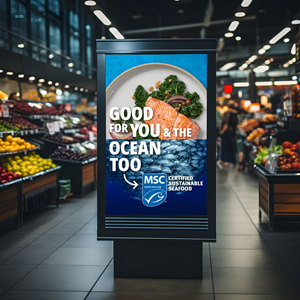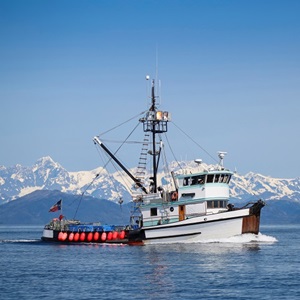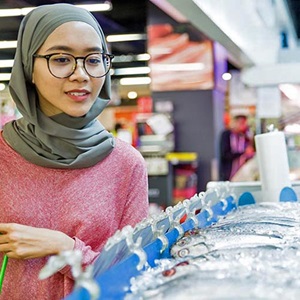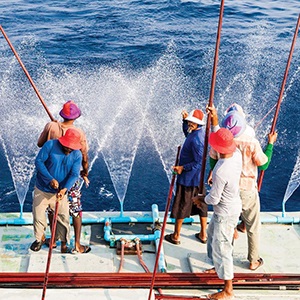Every Earth Month we celebrate sustainable seafood and the innovative fisheries conserving our ocean's resources for future generations. It's time to take action in the grocery store and choose MSC certified sustainable seafood.
What is Earth Day?
Earth Day is a day to raise awareness about the environmental challenges facing our planet and to inspire action to protect our oceans. It is a time to reflect on our relationship with the Earth and to commit to making changes in our daily lives to reduce our impact on the environment. The first place to start is in the grocery store by looking for the MSC Certified sustainable label.
When is Earth Day?
Earth Day is celebrated on April 22nd each year. However, many communities also celebrate Earth Month throughout the entire month of April.
Earth Day and Earth Month are important reminders that we all have a role to play in protecting our planet. By working together, we can create a more sustainable future for generations to come.

For fans of seafood
Where to find products with the MSC certified sustainable blue fish label in North America and more you can do to support sustainable fisheries through Earth Month.

For partners
Use these free resources to help highlight your commitment to ocean health and your MSC certified sustainable seafood products.




